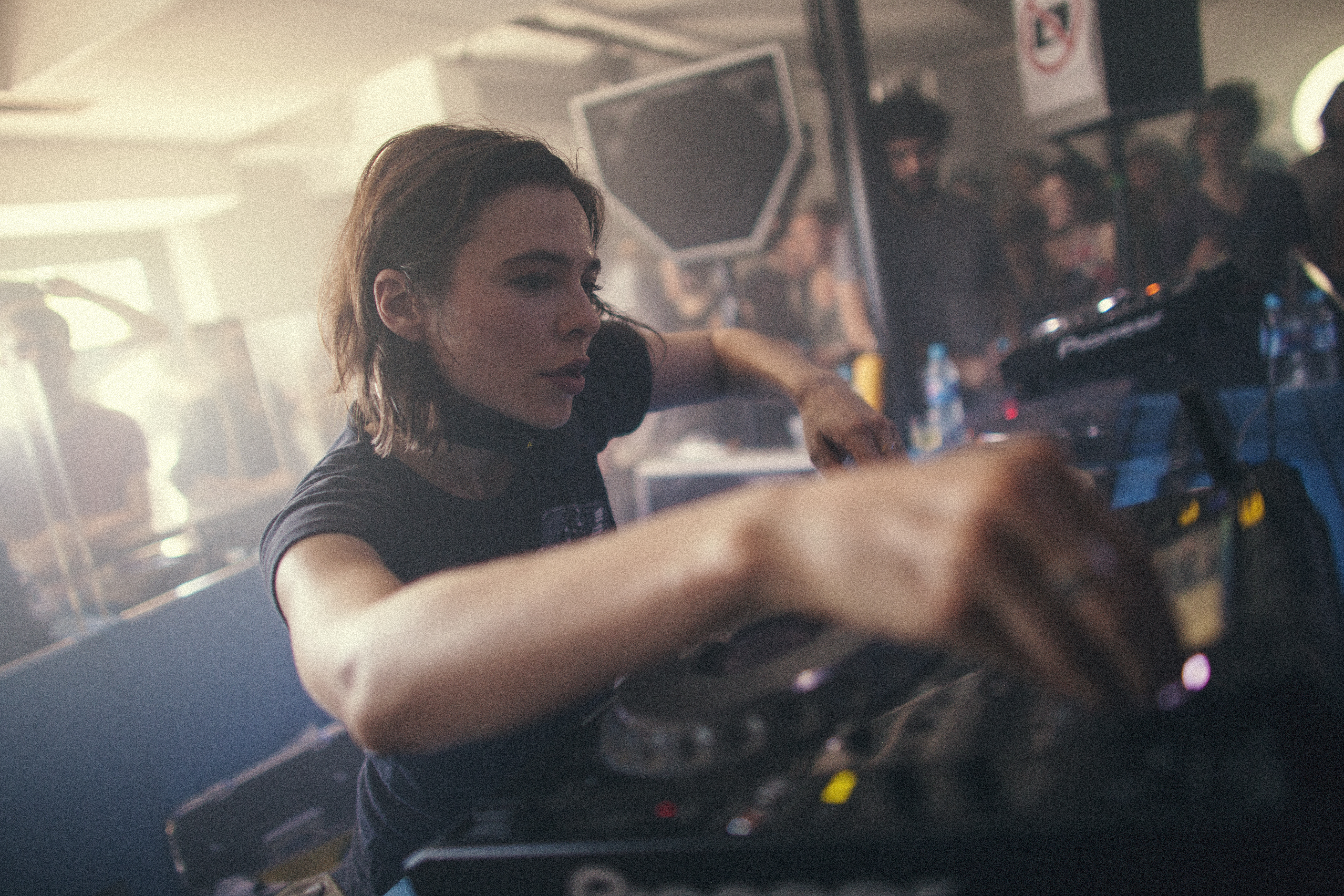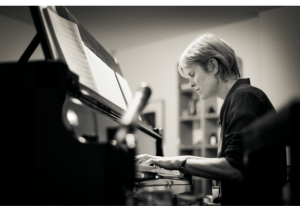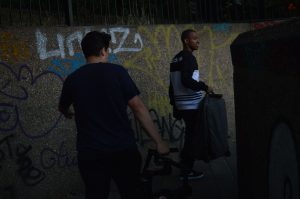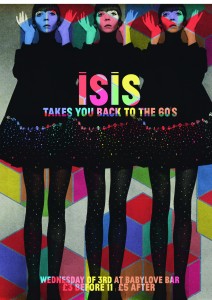
The Commercialisation of House Music
by Carl De Mollerat Du Jeu | March 6, 2017
It’s 6am, and the sun is slowly rising over a dishevelled festival campsite in Croatia. White tank tops tucked into their shorts, backwards caps and man bags all in tow, the male population of this ethereal paradise are largely indistinguishable from each other as they blunder their way back to their tents. The scene is similar in festivals all over Europe, from the muddy fields of WeAreFSTVL to the dusty arenas of Hideout. Renowned and created in the context of greater musical, cultural and sexual expression, house music has morphed through its commercialisation into a genre that is increasingly dominated by homogenous crowds. “You may be black, you may be white; you may be Jew or Gentile. It don’t make a difference in OUR house”, goes the penultimate line of Mr Fingers’ legendary house track, ‘Can you feel it?’. These values of inclusivity and equality have become quietly disregarded in recent times, submerged by the new wave of commercialisation and the new, unknowing audiences that it brings.
As the music starts pumping from the beach stage once more, the inhabitants of the tents with “Get your tits out for Harambe” and other variations graffitied on their side slowly pull themselves out of a slumber. By the outdoor showers, a girl takes her bikini top off as she washes. Lynx Africa gel in one hand and tinny in the other, the men behind her start to catcall. A collection of wolf whistles and “oi oi”s pierce the afternoon air as they turn to each other and guffaw about things they’d “do to her”. This scene is far from the mythologised nights at Warehouse, Paradise Garage or even the Hacienda, where people could happily express and undress however they felt comfortable. The commercialisation of house music has strolled hand in hand with its sexualisation—but a different one to the free love of the 80s. This sexualisation is closer to an act of self-gratification and personal indulgence, with young women as the main target. From Eton Messy using bikini-clad women as the background for their videos, to festival aftermovies resembling adverts for soft-porn, promoters seem keen to cater to the desires of the new ‘House Lad’, desires which include a lust for subservient female figures. In nightclubs from Ibiza to Cabo, paid dancers jack to the music next to the DJ, occasionally pouring Champagne over their bodies as Diplo builds up the crowd for another drop. A clear image resonates: the omnipotent male respected for his musical prowess, paired with the subservient female used only as eye candy. Many will complain this is a generalisation; the extension of the Electronic Dance Music (EDM) franchise and its crowds to all types of electronic music. Indeed, to those who want to turn a blind eye, this can be all too easy to accept.
But let’s be real. The sexualisation of women in electronic music is rife. The storm that techno heavyweight Nina Kraviz was caught up in after the ‘bathgate’ incident is indicative of this. The affair revolved around a documentary produced by electronic music media outlet Resident Advisor which depicted Nina in a bubble bath, but also in a bikini on the beach. This episode demonstrates the aforementioned sexualisation in two ways: how its been adopted by the industry, and symbiotically encouraged by fans. The whole film feels like it’s been made by an obsessive fan, with constant shots of Nina licking her lips while she plays, close-ups of her bare back arching in and out with the beat, and her high heels and legs bopping to the music. Combined with her voice in the background (which has been turned down to a sultry whisper), the documentary that purports to investigate the touring life of the DJ is turned into a quasi soft-porn video focusing solely on Nina’s feminine sexuality. Nina herself complained that she found the video “a bit too focused on me as a female”. And then comes the response: the new audience displaying their erudite views in the comments, complaining that Nina, in her bath or bikini, is abusing her sexual prowess to cast them under an unfair spell. This new audience of house music, when not commenting things on her videos like “mixing is shocking but she is hot”, are instead chastising her for what Maceo Plex called a “blatant use of sexuality and superficiality”. This is despite the fact that they themselves are the ones sexualising innocent scenes like Nina wearing a bikini on the beach. It’s this new audience—and promoters’ receptiveness to it—that results in female DJs not being taken seriously, resulting in only 3% of the DJs on festival lineups last year being female.
The increasing physical and psychological dominance of lads on dancefloors around the world not only marginalises the role of women, but also imposes an uncomfortable atmosphere for people trying to express themselves sexually. In some of the more commercial clubs, like Shoreditch’s XOYO, it can be all too easy to witness the muffled laughs and pointing at people who aren’t straight. There seems to be a cruel irony in this discrimination. The importance of the LGBTQ+ community in the formation of this Chicago export cannot be emphasised enough; the ‘Disco Sucks’ slogan of the Disco counter-revolution of the ’80s and ’90s was as much a musical as a sexual and racial backlash. Indeed, in Chicago in July 1972, a whole baseball stadium was filled to the brim as straight, white Americans ceremonially burnt thousands of disco records in the middle of the pitch, and blew up the rest with dynamite. House, which stems from disco, was a genre propelled forward by members of the LGBTQ+ community; Hardy, Knuckles and Parker regularly only found audiences to play to in the gay clubs of New York and Chicago. The commercialisation of House has clouded the sight of many of its new fans, and relegated the founding community to a minimal role. Ten Wall’s vitriolic, homophobic rant last year is a clear attestation to this; the impact of commercialisation has stretched so far as to affect those that are most immersed in the genre: the leaders, the DJs. Compare this to the words of Joe Smooth in his famous hit ‘Promise Land’, where he dreams of when ‘You and I, We’ll Walk the Land, … and take our stand’, and we see how obscured the original ethos of house music have become. In an interview last year Trouw resident Sandrien remarked that a lot of her gay friends avoided the club because “they feel really isolated” and they felt judged for being “dressed up in a gay way”. That this should happen in some of the more underground clubs in Europe is perhaps a saddening testament to just how widespread the effects of commercialisation have become.
It’s evening again in Croatia as a buzz starts to descend on Outlook festival, which celebrates its tenth year in 2017. One wonders whether, had we been on the very same shining beaches a decade ago, we would have noticed a different vibe, a different crowd, a different understanding of the music being played. Realistically, the answer to this is probably ‘no’. Festivals represent the burgeoning commercialisation of house music to a tee. As Pete Mason argued in The Post, most continue to expand into super concerts, “events that seem like music festivals but lack the grassroots history of the event, do not have years where the festival developed and saw audiences grow over time, and have an overall commercial presentation to fans”. However, while the festival scene has perhaps always been like this, the house music scene has not. The ethos of equality, respect and acceptance that Chuck Roberts sung about in ‘Can you feel it?’ is being dangerously eroded, and the reputation of house music depends on their survival.
Photo credit: Flickr




